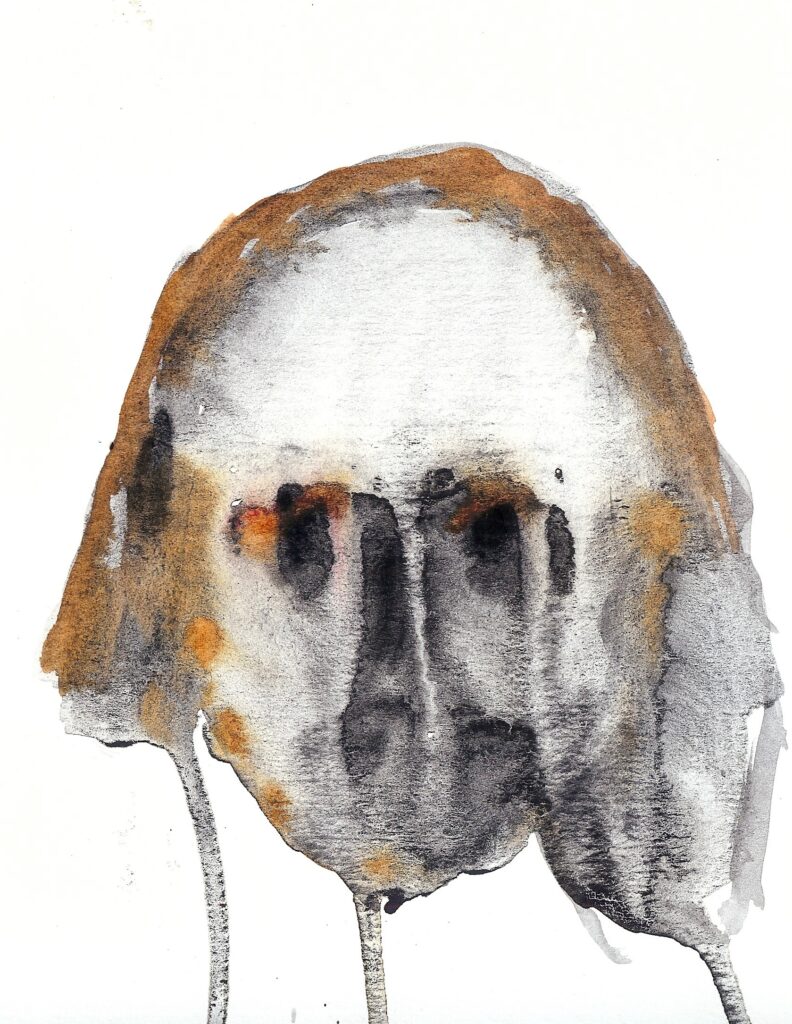Wim Hof, in his new book, The Wim Hof Method: Activate Your Full Human Potential, challenges traditional standards of validation. “I don’t need that kind of external validation. If you engage too much in outside validation, you lose the path to yourself. You get off course. Self-love is being proud of yourself by your own lights. What is your best? Move toward that, not the best of your neighbors.”
Easy to say. Difficult to do. The ego is always looking for its jolt of adrenaline, its drip of dopamine.
The road to success on one’s own terms is lonely, fraught with doubt, populated by the peanut gallery of skeptics and critics. Self-criticism is often the most accurate and most painful of all the forms of criticism one can encounter in life.
I have, at various points in my life, set absurd goals for myself, goals I was told I was hubristic to set for myself, goals I was told were impossible to achieve. I think the truest measure of success is defined not by the spotlight, but by what one does when no one is looking. It is easy to be the filmmaker when you’re up for the Oscar, much harder to be the filmmaker when you’re wandering around Death Valley with an iPhone and an idea. It’s easy to be a writer when you have a contract, much harder when no one seems to be reading.
The important work gets done when no one is looking.
The biggest takeaway I get from Wim Hof’s book is the fact that his method was developed over years of study, trial and error, and the natural peregrinations of a person seeking the truth and choosing unorthodox paths to find it. The Wim Hof method may be getting a great deal of press now, but for years, Hof was sitting alone in a frozen pond in the Netherlands, watching his own mind. When people saw him doing this they called him crazy.
Success is not the trophy, but the process. And process is painful. It is fraught with failure and fear, self-doubt, psychological and physical danger. The pursuit of anything worthwhile is lonely. It can be incredibly difficult to extricate one’s ego from it all, especially when the pursuit of excellence requires the sacrifice of so much.
What often looks like easy success is far from easy. The New York Times recently published a profile of Chloe Gong, who has just published a debut bestseller. The bestseller is Gong’s first published novel, but it is the “ninth one she has written.” Whenever I lament the fact that I’m 36 and just now publishing my first book, I think about Gong. Have I written nine books in my life? Have I earned a debut bestseller?
The chorus of self-criticism and doubt can be loudest when external affirmations are not present. Hof urges his readers to keep looking within, to look deeper.
Wim Hof writes: “Back yourself. Care for yourself. Not by protecting your ego, but by remaining present for your being when you feel most afraid, most uncomfortable, or awkward. It will enable you to see others more clearly and with more compassion. Don’t seek to change others; change yourself. Just mind your own mind and let others mind theirs. Show them who you are through your actions, through your conviction. Be clear and transparent, vulnerable. If I cared what others thought of me, I would have stopped going a long time ago. I would have been eaten by the system.”
There’s talent, there’s physical strength, and then there’s a kind of mental toughness that is earned through fear and failure. I don’t think mental toughness is inborn. I think it is earned.
Wim Hof writes on: “I saw that it’s all a state of mind, and that confidence is a form of trust. It’s like a bet you place on yourself. You tell your body what to do, and your body echoes back and says, yes.”
Wim Hof’s book is not a literary masterpiece, but I don’t think it purports to be one. Its core is simple, and instructive; sometimes simplicity is indeed sufficient.
Hof also reminds readers that goals themselves can be a form of external measurement that takes away from the journey:
“I’ve set goals not to break them, necessarily, but to be in that moment when I am one with the reality of now, when the last step informs the next step, when I can only move through as I feel. It is amazing what purpose and conviction can do. Get your heart in it, into anything you do, and if you can’t, then you seriously have to tune in and cleanse yourself to get back on track. You don’t need to venture beyond the Polar Circle or to the middle of the desert to experience this sensation, but you do need to venture beyond your comfort zone.”
The search for external validation doesn’t feed the soul. Something else does. It comes from a place more mysterious and true.

About the Writer
Janice Greenwood is a writer, surfer, and poet. She holds an M.F.A. in poetry and creative writing from Columbia University.
